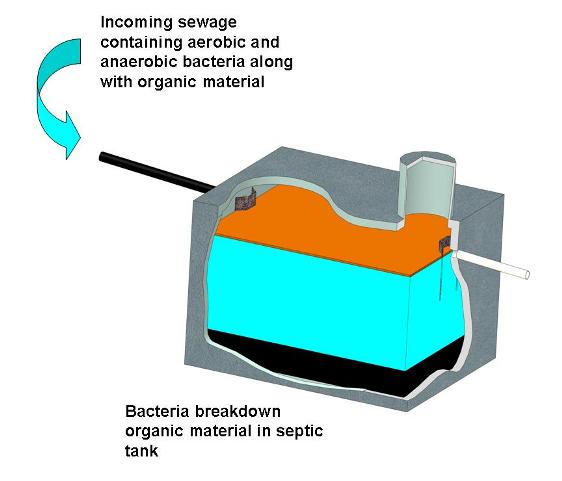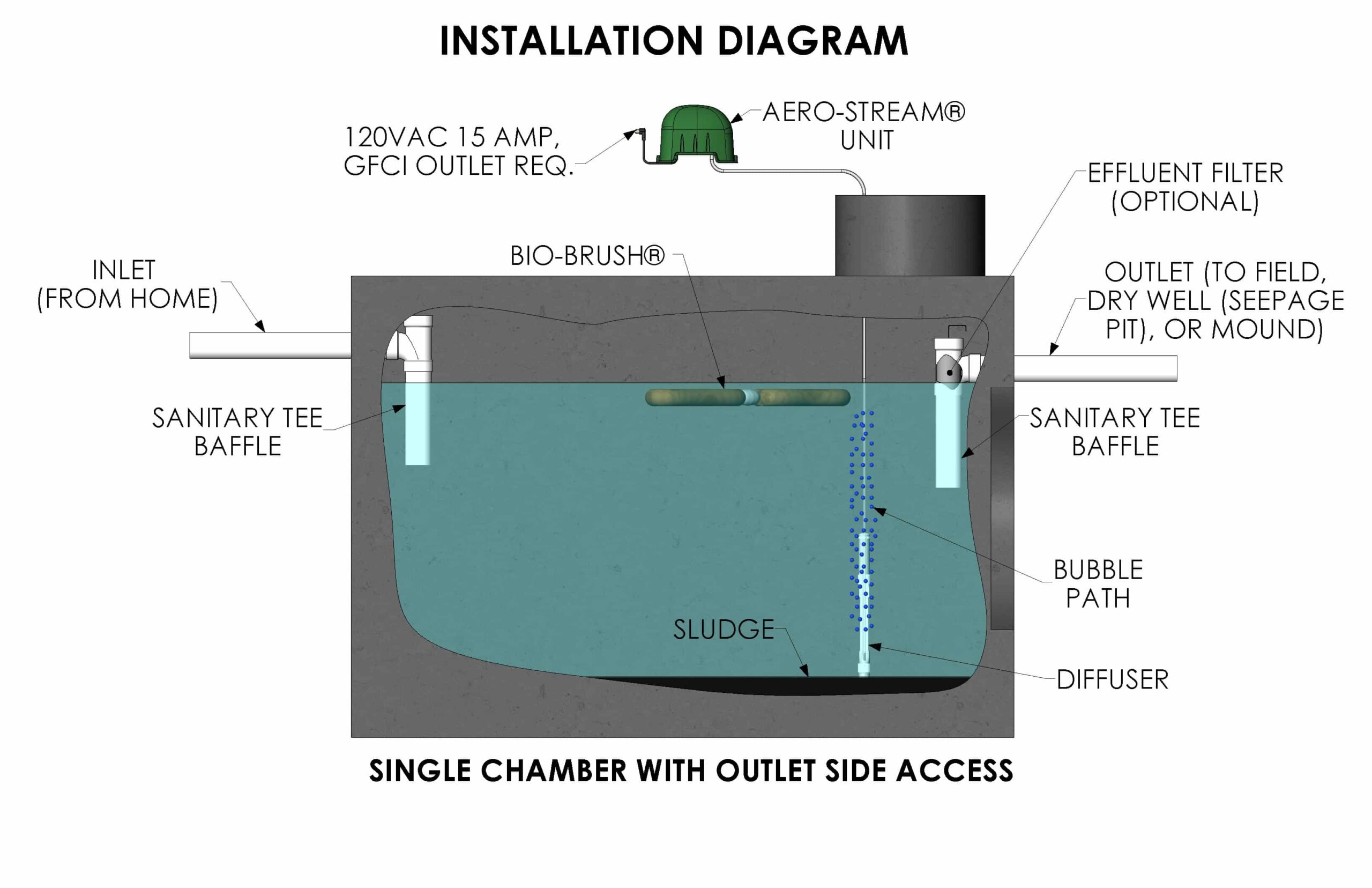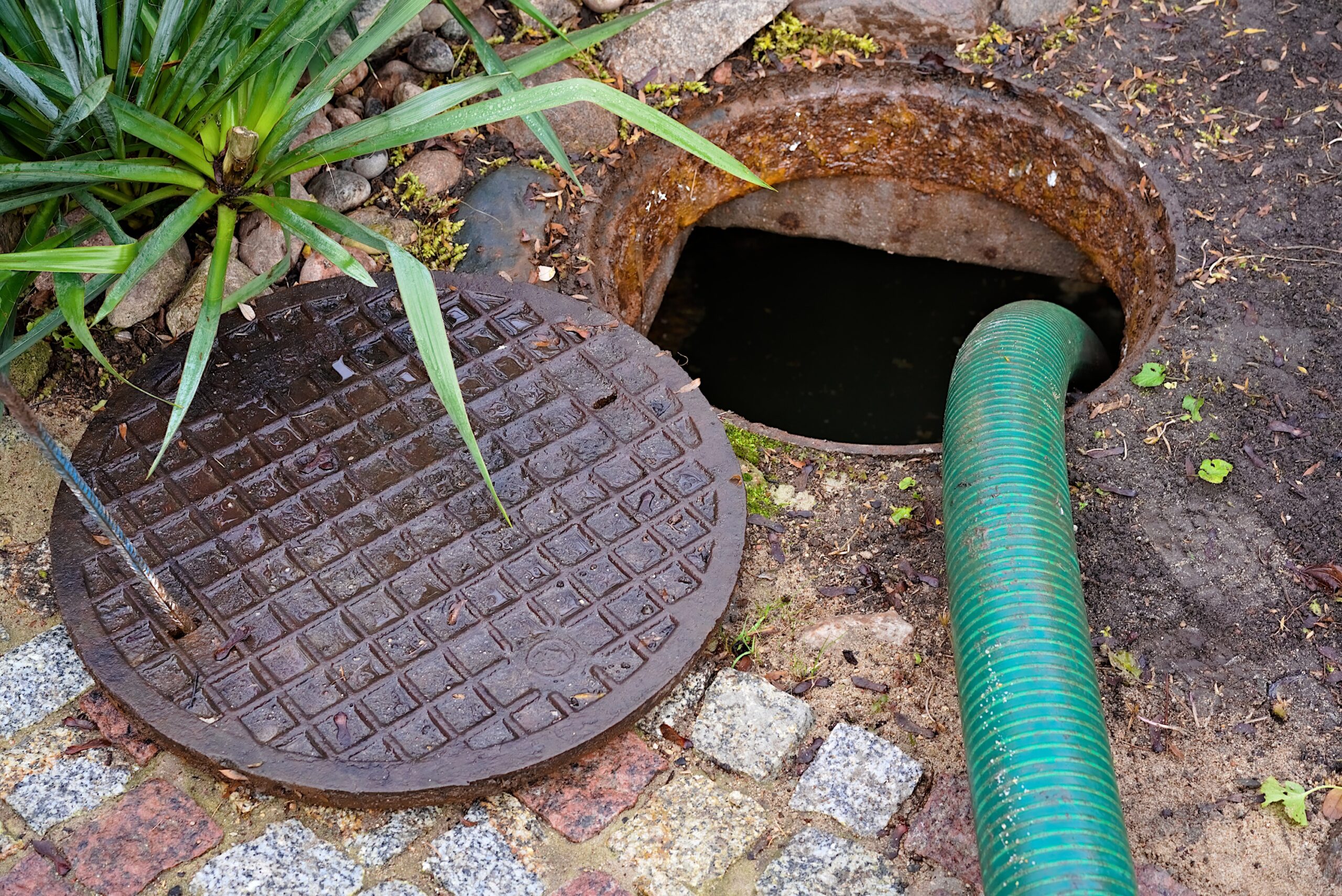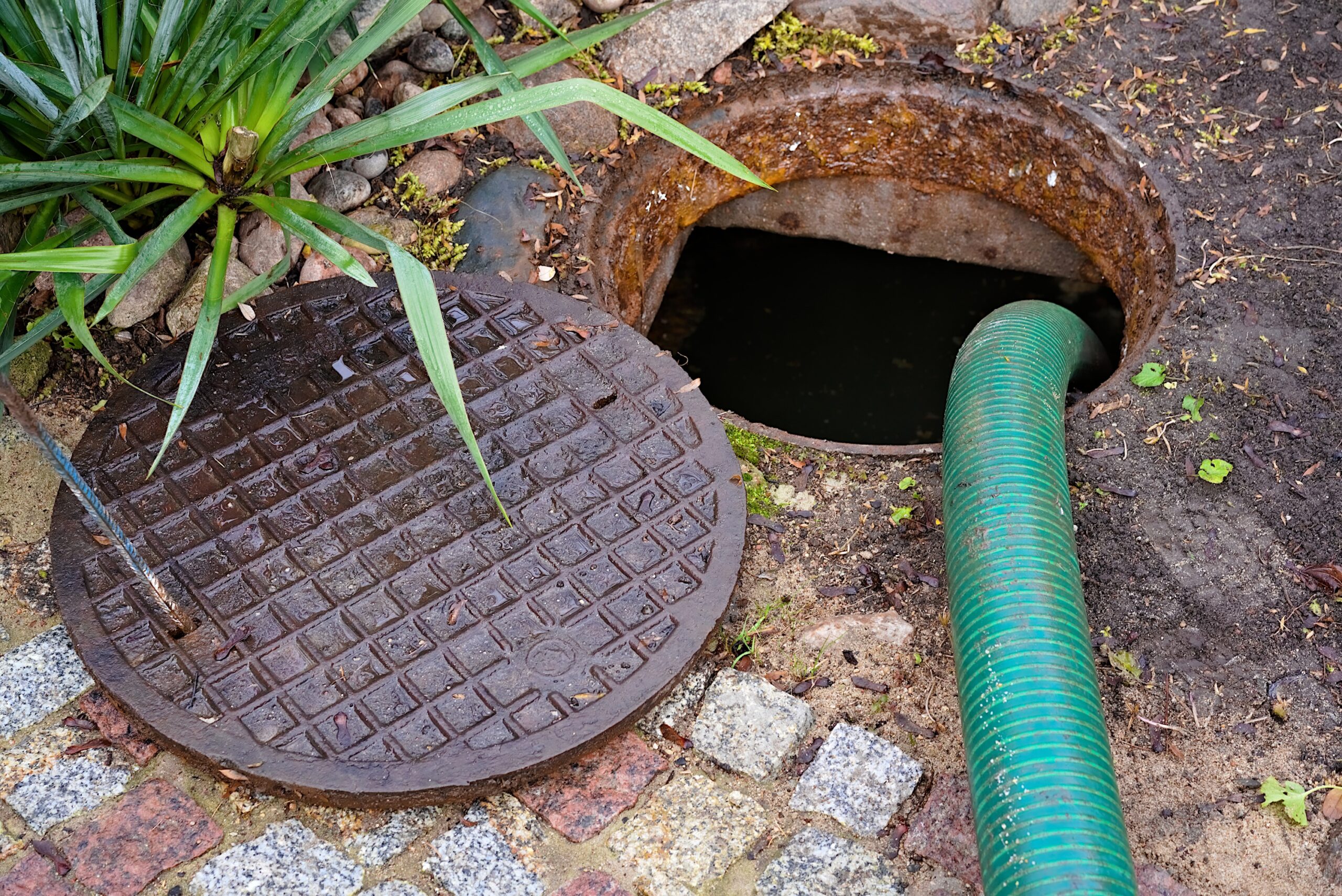![By Dominic Alves (Flickr) [CC-BY-2.0 (http://creativecommons.org/licenses/by/2.0)], via Wikimedia Commons Earthship Brighton Front](http://upload.wikimedia.org/wikipedia/commons/thumb/b/bb/Earthship_Brighton_Front.jpg/1024px-Earthship_Brighton_Front.jpg)
To live a self-sufficient lifestyle means achieving the ability to independently source the needs operating a household without the external assistance of the “grid.” This requires an independent source of power, water, and in some cases food. For some people building a self-sufficient home this is the ultimate dream.
Here is a look at the fundamental components of a self-sufficient home.
Independent Power Sources
One of the most important components of what truly makes a home ‘self-sufficient’ is not relying on the main power grid for an energy resource. There are several different types of power that you can choose from, all without having to connecting to the grid. You’ll need an alternative power source, as well as a network of batteries for power storage.
Wind Turbines
Wind turbines are excellent for independent, off-grid installation. In some parts of the country wind turbine power is a popular, low-cost alternative energy resource and can easily be scalable in open fields and clearings.
![By S zillayali (Own work) [CC-BY-SA-3.0 (http://creativecommons.org/licenses/by-sa/3.0)], via Wikimedia Commons Micro WindMill](http://upload.wikimedia.org/wikipedia/commons/thumb/3/34/Micro_WindMill.jpg/512px-Micro_WindMill.jpg)
Solar panels are available in many forms, from roofing tiles to independent, directional panels. Wind turbines are available for independent, off-grid installation. If your property has a solid water supply, you may even find that a hydro-power system is sufficient.
Solar Panels
Solar power remains one of the most popular alternative energy resources. Solar panels are available in many forms, from roofing tiles to independent, directional panels.
Reliable Water Supply
Every home, no matter how far off the grid, needs a water source. One of the most traditional options is to dig a well on the property. You can also establish rainwater collection through a cistern on the property or gather water from a nearby river or other water source.
Set up a filtration system and a chemical purification routine using chlorine or iodine for all of the water you get from rain collection and local rivers. Proper filtration of water collected from natural resources is of monumental important to protect the health of you and your family.
Functional Septic System
A septic system can give you independent management of your wastewater. Once you have installed a septic tank, ensure you utilize the proper septic system maintenance guidelines to ensure you maximize the performance and lifespan of your septic system.
Marinating Your Septic System
Educate yourself on how a septic system works to maximize performance and reduce unnecessary costs in the future.
In rural parts of the country it can be nearly impossible to have your septic system pumped. Installing a controlled septic aeration system is the best solution to maintain the waste levels and overall health of your septic system.
Outhouses
If you aren’t able to have a septic system put into place, install an outhouse. Outhouses have been utilized for centuries and are still a popular choice for many of those who live in a rural location. If you choose an outhouse, utilize a bucket for storing woodstove ashes or lye to control pests and odors.
![By Beatrice Murch from Buenos Aires, Argentina (Outhouse) [CC-BY-2.0 (http://creativecommons.org/licenses/by/2.0)], via Wikimedia Commons Modern outhouse](http://upload.wikimedia.org/wikipedia/commons/thumb/3/33/Modern_outhouse.jpg/512px-Modern_outhouse.jpg)
Sustainable Food Supply
To truly live a fully sustainable lifestyle there are many factors beyond the household that makes this achievable. For some families living off the grid having a reliable source of food is crucial to sustainability.
Greenhouses
Find a location on the property with sufficient sunlight to build a greenhouse for climate-sensitive growth. You can also plant an outdoor garden for more tolerant plants and produce. If direct planting is a problem, consider raised beds or container gardens.
![By Pastorius (Own work) [CC-BY-SA-3.0 (http://creativecommons.org/licenses/by-sa/3.0)], via Wikimedia Commons Small Green House](http://upload.wikimedia.org/wikipedia/commons/thumb/d/dc/SmallGreenHouse.jpg/512px-SmallGreenHouse.jpg)
Hydroponics
Hydroponics allows you to grow many things using a water-driven environment, while aquaponic growing derives nutrients for your plants from farmed fish. These are effective options for sustainability, particularly if the soil on the property isn’t ideal for growing.
![By charlie vinz from chicago (portable fish farm) [CC-BY-2.0 (http://creativecommons.org/licenses/by/2.0)], via Wikimedia Commons Portable fish farm at growing power](http://upload.wikimedia.org/wikipedia/commons/thumb/b/b5/Portable_fish_farm_at_growing_power.jpg/512px-Portable_fish_farm_at_growing_power.jpg)
Raising Livestock & Hunting
Depending on your lifestyle a having a reliable source for meat is crucial. If you can’t raise your own livestock, hunting may be the only option to source valuable protein for your household.
![By Dirk Ingo Franke (Own work) [CC-BY-SA-2.0-de (http://creativecommons.org/licenses/by-sa/2.0/de/deed.en)], via Wikimedia Commons raising live stock on a farm](http://upload.wikimedia.org/wikipedia/commons/thumb/7/79/Wb_deichh_drei_kuhs.jpg/512px-Wb_deichh_drei_kuhs.jpg)
With the information presented here, you can convert your home to an independent and self-sustaining operation. Although some of these components may rely on a being located in a favorable location, many people have been able to achieve a self-sustainable household without the luxury of having an abundance of land.
If you embrace living off the grid, share your tips and the things you have done to achieve an independent, self-sufficient lifestyle.

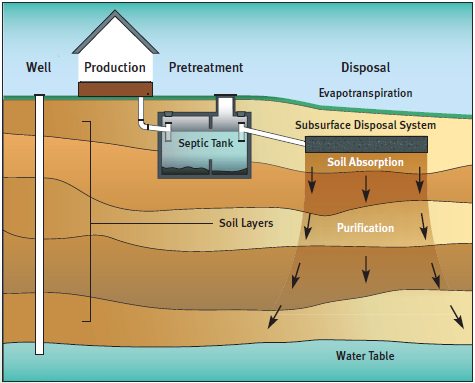
![By Michal Klajban (Own work) [CC-BY-SA-3.0 (http://creativecommons.org/licenses/by-sa/3.0)], via Wikimedia Commons Jablunkov, dům se solárními panely](http://upload.wikimedia.org/wikipedia/commons/thumb/0/0b/Jablunkov%2C_d%C5%AFm_se_sol%C3%A1rn%C3%ADmi_panely.JPG/512px-Jablunkov%2C_d%C5%AFm_se_sol%C3%A1rn%C3%ADmi_panely.JPG)
